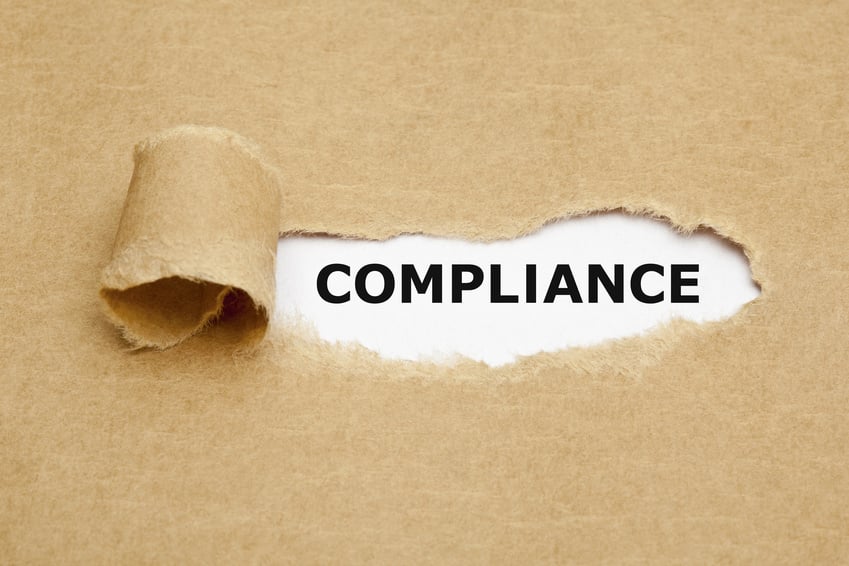In an effort to harmonize Turkish environmental protection standards with those of the European Union, on April 2, the Turkish Ministry of Environment and Urban Planning adopted a new regulation on waste management that will take effect immediately and significantly affect companies that produce waste in Turkey. Based on the EU’s Waste Framework Directive (2008/98/EC) and the European Commission Decision establishing a list of waste (2000/532/EC), the new regulation is intended to:
- manage waste with minimal harm to the environment and human health,
- decrease waste produced,
- increase reuse and recycling of waste, and
- supervise the market in terms of environmental protection.
The regulation replaces the Solid Waste Management Regulation (1991), Dangerous Waste Management Regulation (2005), and Regulation on General Principles of Waste Management (2008), providing a single comprehensive framework for waste management.
What the new regulation says
Waste producing companies must:
- take precautions to minimize waste production,
- separately collect waste and temporarily store as ready-to-pick-up,
- prepare a waste management plan to prevent and reduce waste,
- provide training to employees on the collection, transportation and temporary storage of waste,
- take appropriate safety and health-related precautions,
- maintain waste records,
- package and label waste,
- take immediate steps to cure waste discharges,
- bear the cost of waste type determination, collection, transportation, and processing,
- obtain financial liability insurance for their facilities.
The regulation covers waste produced from:
- the exploration, extraction, and physical and chemical processing of mines,
- food production and processing,
- agriculture, horticulture, aquaculture, forestry, hunting and fishing,
- wood processing and the manufacture of furniture paper, paper mache, cardboard and chipboard,
- the manufacture of leather, fur and textile products,
- hydrocarbon refining and natural gas purification,
- organic and inorganic chemical processes,
- the manufacture of paints, polishers, pastes and printing ink,
- photographic processing,
- energy production and power plants,
- processing of zinc, copper, iron, steel, silver, gold, platinum, glass, ceramics and concrete,
- processing of metals and plastics.
These lists are not exhaustive. Companies should be aware of how this new regulation will affect their operations in Turkey and take necessary steps to ensure compliance.




